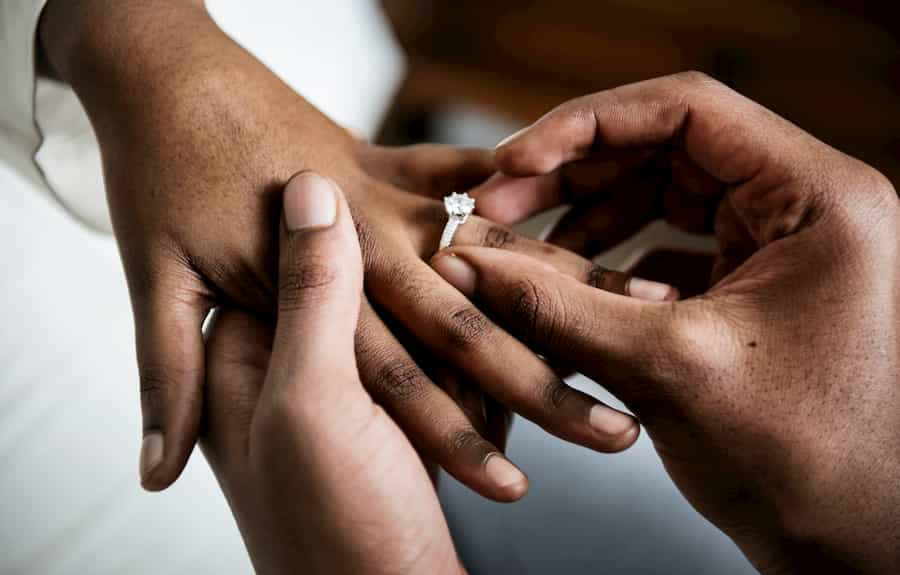
First Opposite-Sex Civil Partnerships From New Years Eve
The case of Steinfeld and Another v Secretary of State for Education in 2017 had the Court of Appeal find that that the provision, whereby civil partnership was only available to same sex couples, was contrary to article 14 of European Convention of Human Rights (protection from discrimination) taken in conjunction with Article 8 of the Convention (right to a private and family life).
Following the judgement, the Civil Partnership, Marriages and Death (Registration Etc) Act 2019 extended civil partnerships to heterosexual couples through the Civil Partnership (Opposite-sex Couples) Regulations 2019, which came into force on the 2nd December 2019.
The Regulations will allow opposite-sex couples to form a civil partnership, extending the protection offered to same sex civil partnerships regarding various rights and benefits, such as parental rights and financial entitlements.
As couples are required to give a minimum of 28-days notice of a civil partnership, the first ones can take place from the 31st December 2019. One of the first couples to have a same–sex civil partnerships is the couple who inspired the new legislation, Rebecca Steinfeld and her partner Charles Keidan.
The happy couple will be:
“celebrating with a low-key New Year’s Eve party with close friends and family, and waking up to a new decade as civil partners will formalise our relationship of equals.”
Rebecca will not be wearing white, shall not be given away or taking her partner’s name.
The changes will have been welcomed by many in the largest growing family type in the UK, cohabiting couples, who may have avoided marriage due to the connotations it brought.
Some couples felt that marriage had ‘historical and cultural baggage’, an ‘age old institution’ from the time of dowries where women were seen as property and chattel rather than an equal partner.
Others, like Steinfeld and Keidan wanted the protection of a legal union but wanted a more “modern, symmetrical institution” that civil partnership provided.
The new legislation now allows more equal rights across all couples who wish for their union to be legally recognised, either in marriage or as a civil partnership, and will hopefully encourage more cohabiting couples to enter a partnership, and not fall victim to the ‘common law partner’ myth.










